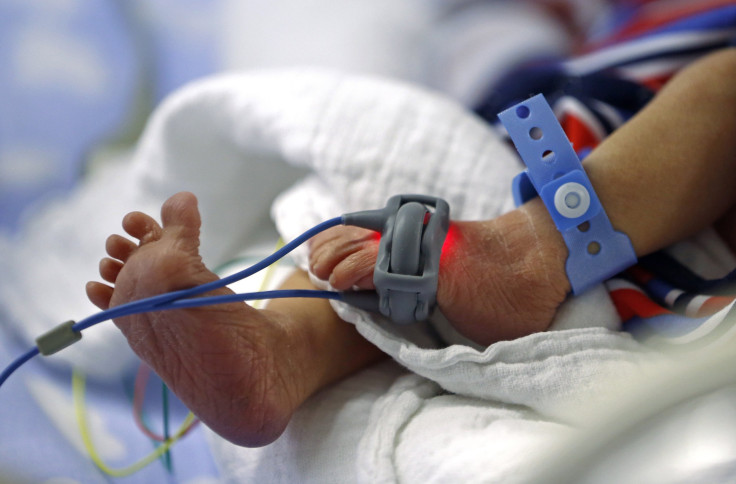Scientists develop most-accurate blood test to predict premature births

A team of scientists that included researchers from The University of Western Australia (UWA) have developed a blood test that can identify women at risk of having premature births, but not displaying symptoms as early as 18 weeks into their pregnancy. The breakthrough blood test builds on previous work by scientists who developed a similar test for women hospitalised with early contractions.
The new research, published in the journal PLOS ONE, states that the blood test developed is the most accurate one till date with 86 percent accuracy in determining women at risk of early delivery. The test provides the earliest detection of premature birth.
Premature birth accounts for approximately eight percent of births in Australia and is the main cause of disability and death in babies globally. Around 26,000 babies are born in Australia too soon every year. Moreover, premature birth may result in long-term physical ailments due to organs not developing properly in the womb.
According to lead researcher, UWA associate professor Craig Pennell from UWA’s School of Women’s and Infants’ Health, one of main problems with premature birth is that it is extremely difficult to predict in the middle of pregnancy, which deliveries will occur before 37 weeks gestation.
“Our new test will enable women at high risk early access to medical care which will reduce the rate of preterm birth. In particular, in remote areas, a simple blood test mid-pregnancy can guide which women can remain in their communities and which need to seek early specialist care,” Pennell said in a press release.
He added that the breakthrough blood test worked by identifying gene expression in a person’s blood that could lead to a high probability of premature birth. However, in order to make the test available to a broader community, further evaluation of the test would be carried out by UWA Perinatal Genomics Research Team and Pennell.
He ensured that with proper planning, the blood test will may help medical practitioners improve prevention and treatment options available to women.
The research was carried out by scientists from University of Calgary, University of Alberta, University of Toronto and UWA scientists. A CA$5 million (AU$5.2 million) grant came from Alberta Innovates - Health Solutions.






